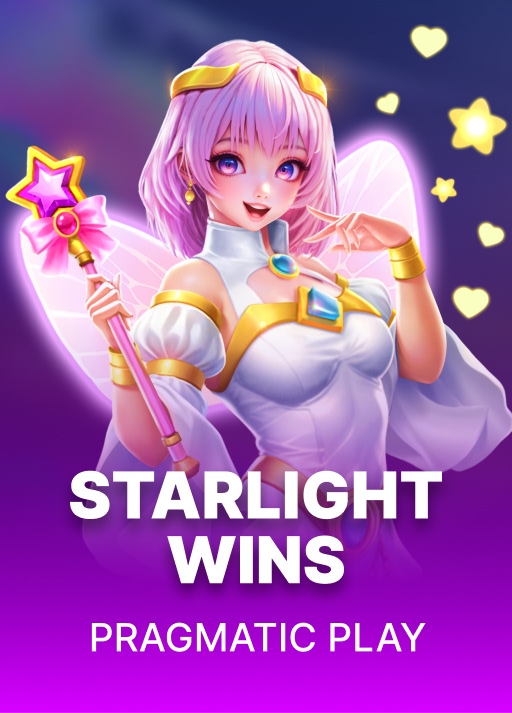
The Phenomenon of Flappy Bird
Released in 2013, Flappy Bird https://flappybirdunblocked.us quickly became a global sensation, captivating players with its simple yet challenging gameplay. The game’s straightforward controls, vibrant graphics, and infamous difficulty curve resonated with millions, making it a cultural phenomenon overnight. In this article, we will delve into what made Flappy Bird such a unique element in the gaming world, exploring its design, the consumer response, and the legacy it has left behind.
1. The Birth of Flappy Bird
Created by Vietnamese developer Dong Nguyen, Flappy Bird was initially launched as a side project alongside his other game development efforts. Its release was met with modest success, but it was not until early 2014 that the game surged in popularity, thanks to social media buzz and numerous YouTube playthroughs. Players began sharing their high scores, igniting a fervent competitive spirit among gamers.
2. Gameplay Mechanics
The gameplay of Flappy Bird is deceptively simple. Players control a small bird that continuously flies forward. The objective is to navigate through a series of pipes by tapping the screen to flap the bird’s wings, thereby rising or falling. As players progress, they face increasing difficulty, requiring precise timing and skill. This simplicity contributed to its addictive nature; it was easy to learn but extraordinarily hard to master.
3. The Visual Style
The visuals in Flappy Bird are minimalist, utilizing retro-style graphics reminiscent of early video games. This aesthetic appeals to a wide audience, evoking nostalgia while also providing a clean and uncluttered user interface. The bright colors and charming design of the bird and the game environment helped create an engaging experience, making each failure feel less frustrating and more comedic.
4. Cultural Impact
As Flappy Bird’s popularity grew, it began to infiltrate popular culture. It inspired countless memes, merchandise, and even discussions around video game design in various media outlets. The game’s challenging nature, combined with its engaging content, allowed it to penetrate social circles, making it a topic of conversation and competition. The phrase “Flappy Bird” became synonymous with mobile gaming addiction.
5. The Controversy and Withdrawal

Just as swiftly as it rose to popularity, Flappy Bird’s creator decided to remove it from app stores in February 2014, citing the game’s addictive nature as harmful. This move sparked an outcry among fans, leading to discussions about addiction and gaming ethics. The sudden unavailability turned Flappy Bird into a sought-after treasure, with claims of pirated and cloned versions saturating app stores. Despite—or perhaps because of—the controversy, Flappy Bird maintained its status as a legendary title in gaming history.
6. The Legacy of Flappy Bird
Flappy Bird’s legacy is multifaceted. It has influenced countless other mobile games that followed its lead, showcasing that simple mechanics paired with a challenging experience could yield immense success. The game sparked discussions on game design principles, particularly the balance between difficulty and playability. It served as a case study for both indie developers and large game studios alike.
7. Alternatives and Clones
The popularity of Flappy Bird has resulted in an influx of clones and similar games, many of which have captured players’ interests in different ways. Titles like “Clumsy Bird,” “Flappy Wings,” and others have attempted to replicate the success of Flappy Bird. These clones have varied in quality, but they reflect a broader trend in gaming to capitalize on short-lived trends. Flappy Bird’s mechanics have been iterated upon, leading to a variety of spin-offs that still entertain players globally.
8. The Developer Perspective
For developers, Flappy Bird represents an intriguing intersection between artistry and chance. Nguyen’s success with the game was largely unexpected, and it prompted questions about the unpredictability of viral success in the gaming industry. This unpredictability highlights the importance of creativity, marketing, and audience engagement in the modern gaming landscape.
9. Conclusion
Flappy Bird’s journey from a simple mobile game to a cultural touchstone is a testament to the power of mobile gaming and its ability to connect players worldwide. Its impact is still felt today, reminding us of the unique capabilities of mobile devices and the creativity of indie developers. As we analyze the gaming landscape of today, it is vital to remember the lessons Flappy Bird has taught us about simplicity, challenge, and the unpredictability of success in the digital age.
Whether you loved it or loathed it, there is no denying that Flappy Bird left an indelible mark on the gaming world, paving the way for numerous innovations and discussions around mobile game design. It’s a classic example of how a simple concept could rally the world, create bonds through competition, and provoke dialogue about gaming’s future.




